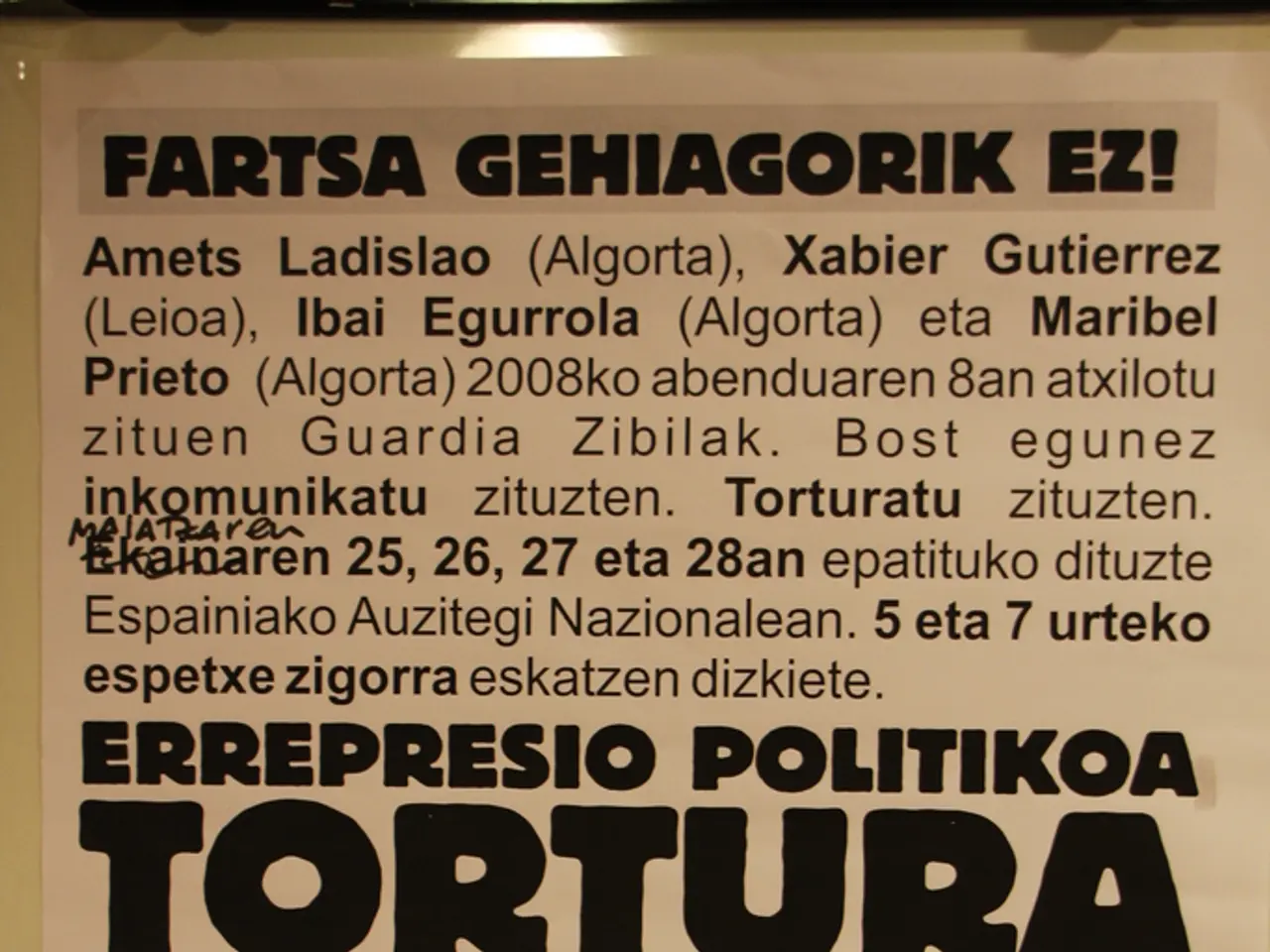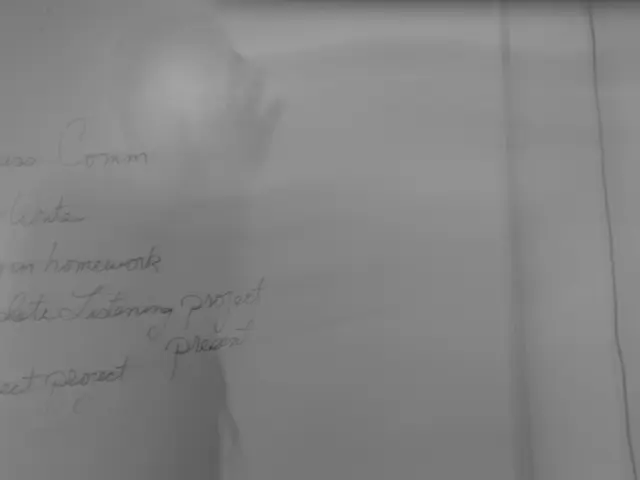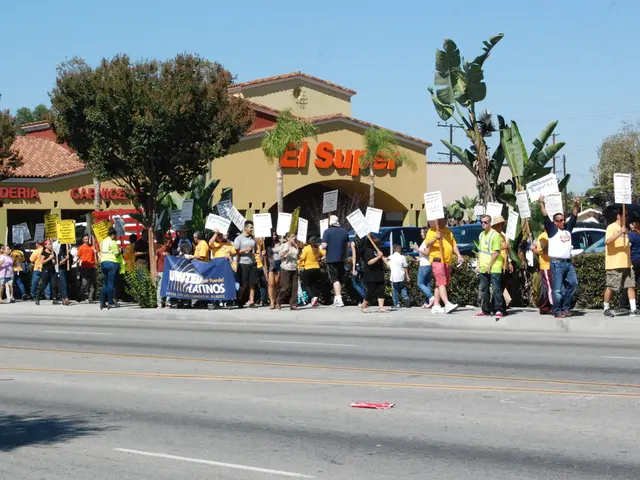Israeli sanctions: Merz wavers while Sánchez supports
The European Union (EU) is facing a divisive issue as several of its member states, including Spain and Germany, express strong criticism towards Israel's military actions in the Gaza Strip. Last week, EU Commission President Ursula von der Leyen proposed a series of punitive measures to pressure Israel's government. Spain's broadcaster RTVE, one of the five major financial contributors to the EU, has also voiced similar sentiments. The controversy was a dominant theme during German Chancellor Friedrich Merz's inaugural visit to Spain. Although Merz did not comment on the EU Commission's proposed sanctions during the meeting, differences in Israel policy were evident. Spain's Prime Minister, Pedro Sánchez, has accused Israel of genocide in the Gaza Strip and is demanding Israel's exclusion from the Eurovision Song Contest. Sánchez has also threatened to withdraw Spain's financial contribution to the contest if Israel participates in ESC 2026. The German government is divided over the proposed sanctions, particularly within the black-red coalition. While the SPD pushes for sanctions, the CSU opposes them. Chancellor Merz has been more cautious on sanctions. Spain has imposed a complete weapons embargo and a ban on entry for individuals involved in genocide, human rights violations, and war crimes in Gaza. The country is among the EU nations that have most harshly criticized Israel's military actions in the Gaza Strip. In a move to support their criticism, the European Commission has proposed sanctions against Israel, including the removal of free trade benefits and punishing extremist Israeli ministers and settlers. Measures to support their stance also include calls for an immediate ceasefire, humanitarian access, and the release of hostages. The EU and its members have condemned Israel for actions exceeding legitimate self-defense and violating human rights and international humanitarian law. In a separate development, Sánchez visited Jerusalem to call for the release of all hostages held by Hamas in the Gaza Strip after the 'horrible attack' by Hamas on Israel on October 7. The German government plans to decide on the proposals by the EU summit at the beginning of October. The future of EU-Israel relations remains uncertain as member states grapple with the complexities of the ongoing conflict.
Read also:
- United States tariffs pose a threat to India, necessitating the recruitment of adept negotiators or strategists, similar to those who had influenced Trump's decisions.
- Weekly happenings in the German Federal Parliament (Bundestag)
- Southwest region's most popular posts, accompanied by an inquiry:
- Discussion between Putin and Trump in Alaska could potentially overshadow Ukraine's concerns








